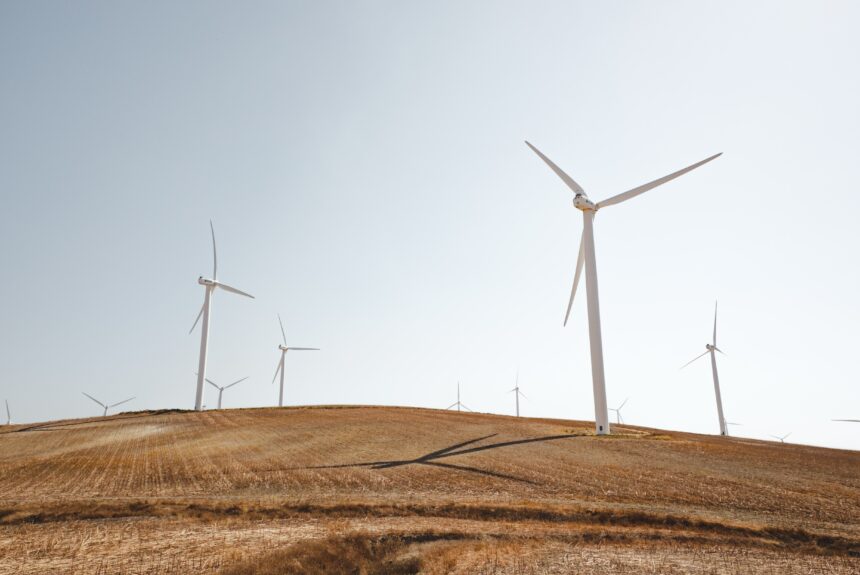Nations are stronger when they have alliances. No country can go it alone in the modern world. At the same time, we need to be able to rely on our allies and know they are not trying to undermine our interests. When it comes to energy policy, though, China is proving it is a trading partner, not a trusted partner.
>>>READ: It is Time to Revoke China’s Free Environmental Pass
Any nation can be a trading partner. Friends and foes alike can agree to swap goods and services to benefit both sides. During the Cold War, the Soviet Union exported a bit of oil and imported tons of food from the U.S. Our styles of government remained fundamentally at odds, but we in the West wouldn’t allow millions of Russians to starve because of the failures of their government. Still, we never trusted the USSR.
Something similar is true today with another Communist country: China. The U.S. is certainly a Chinese trading partner. It exports many goods and crucial raw materials. However, there is no reason to trust the Chinese government.
Recently, for example, the U.S. government “reached a preliminary determination that Chinese solar panel manufacturers illegally circumvented U.S. tariffs by shipping them through southeast Asian nations,” as The Hill reported.
This cheating seems to be part of China’s plan to corner the market on solar panels by selling them at cut-rate prices upfront, building market share, then setting a much higher price once other competitors are out of business. In fact, it has mostly succeeded at that plan already. Marketplace reported last year that when it comes to solar panels, “China is the dominant player; about 80% of the world’s solar manufacturing supply chain runs through China. There are very few American solar manufacturers left.”
That is a big problem. But some people are drawing the wrong conclusion from it. “We are only able to supply about 15 percent domestically of the demand for solar panels. So we don’t have the capacity here right now to fulfill all the orders there are and even finish the projects that are already bid out,” Sen. Jacky Rosen (D-Nev.) told The Hill. Rosen says that this investigation of Chinese trading is “causing massive disruption” in the solar industry.
But the solution can’t be to allow the Chinese to cheat on trade agreements and ultimately make our economy even more dependent on China. Instead, the solution should be to diversify our own economy so we can deliver the solar capacity we need.
There is a similar dynamic in the production of raw materials. The U.S. relies on China for 80% of its rare-earth element needs. These are crucial in powering electric cars, fighter jets, and renewable energy technology. We need to flip that script and start mining rare earths here in the U.S.
>>>READ: Permitting Reform Needed to Reach Clean Energy Goals
The first step is to modernize the permitting process by reducing bureaucratic red tape. It now takes up to 10 years to obtain a mining permit. Reducing the permitting process to two years (far more than long enough) would reduce operating costs and incentivize greater private sector investment.
We must also diversify our supply chain to include open trade with allies such as Japan and Australia and reduce China’s sway. Japan built its own supply chain outside of China when it was cut off by the Chinese in 2010. This resulted in China’s global market share dropping from 95% to 70%. The U.S. should ratchet up similar pressure now.
Finally, the U.S. and our allies should invest in technology innovation.
There are already some positive steps. “The United States and the European Union recognize that the concentration of resources in key supply chains can expose our economies to challenging disruptions,” the Biden Administration recently announced after a summit with the EU. “We plan to explore coordinated actions to foster diversification and make key supply chains more resilient.” What is true for supply chains is also true for the rare earths that travel in supply chains and the solar panels that come out of supply chains. The global West, especially the U.S. and the EU, needs greater market share in all these areas.
In the midst of a war in Ukraine, soaring inflation, and struggling supply chains, voters in the democratic West need to be confident that our governments can work together to build the better energy future we all need. Diversifying away from our mutual reliance on China is the necessary first step.
The views and opinions expressed are those of the author’s and do not necessarily reflect the official policy or position of C3.
